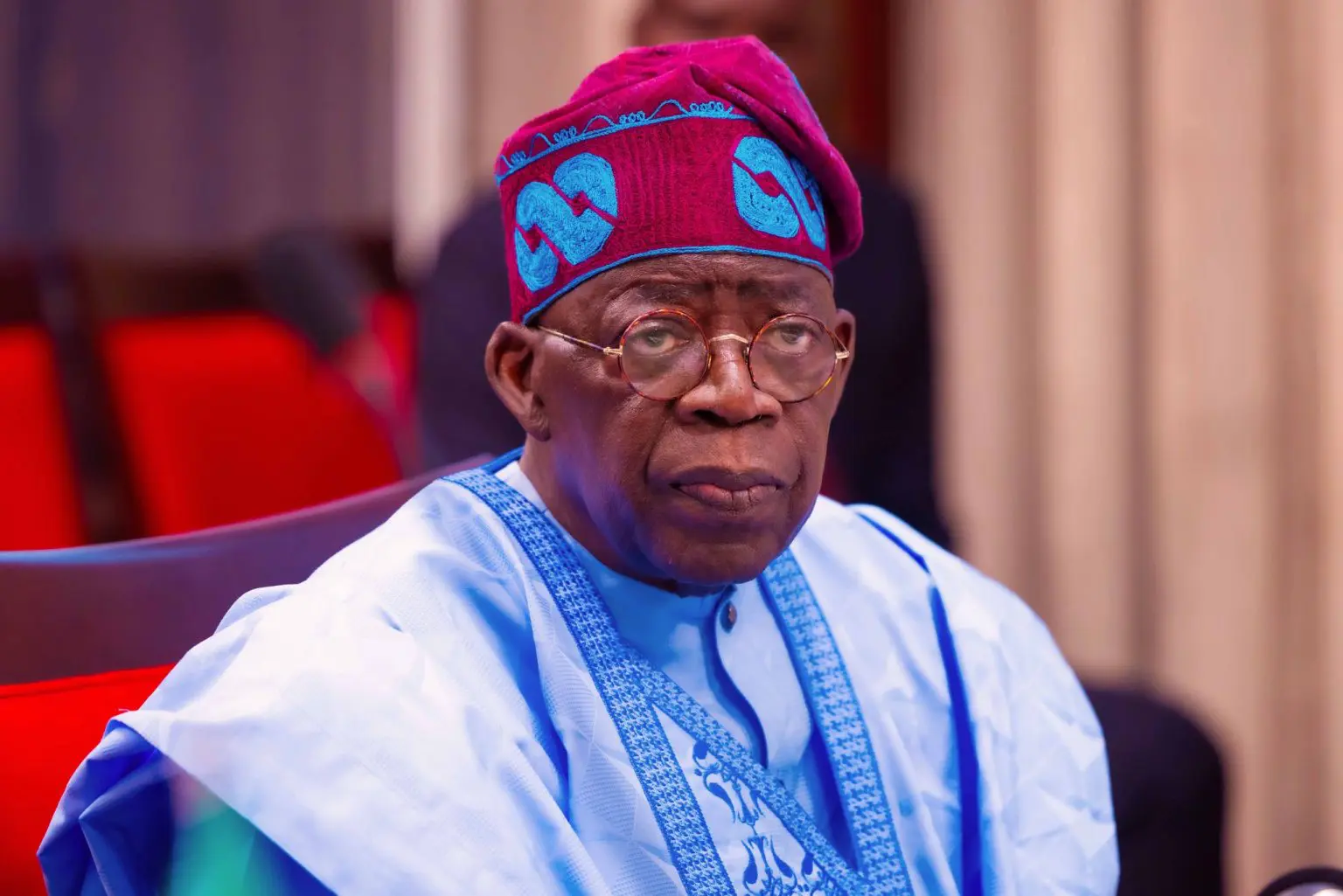
The cost of living has continued to rise at a rapid pace six months into President Bola Tinubu’s term in office.
According to ZINGTIE, hardships have worsened since President Tinubu removed subsidy, making life even more tough for the majority of Nigerians.
The World Bank estimates that 104 million Nigerians live in poverty, or a 46 percent poverty rate in 2023.
According to the National Bureau of Statistics (NBS), inflation increased to 27.33% in October 2023 and 28.20% in November 2023. This had a major effect on household spending.
According to the NBS, rising costs for fish, potatoes, yam and other tubers, eggs, meat, vegetables, bread and cereals, oil and fat, fish, fruits, and vegetables are to blame for the annual increase in food inflation.
According to a ZINGTIE investigation conducted in January, rice costs between N45,000 and N60,000 for a 50kg bag in Nigeria.
A 50kg bag of beans cost between N60,000 and N70,000, while a tuber of yams will set you back between N800 and N3000.
The cost of noodles varies based on size and type; certain brands might cost anywhere from N7000 to N9000.
Depending on the type and quality, garri, a popular Nigerian staple derived from cassava, can cost anywhere from N30,000 to N40,000 for a 50kg bag.
Potatoes weigh between N6,000 and N9,000 every 25 kg bag. Depending on the manufacturer, 12 packs of spaghetti can cost up to N13,000.
The price range for a 5-liter bottle of vegetable oil is N7,500 to N9,500, whereas the price range for a 5-liter bottle of palm oil is N6,500 to N7,500.
The sharp increases in food commodity prices have caused Nigerians to become extremely concerned.
Many Nigerians still believe that it is taking longer than anticipated for things to change, despite the President and his team’s constant assurances to the public that they can fix the nation.
“Tinubu’s administration should pity Nigerians and put up policies that would make life a little easy for the masses.
“The cost of petrol is affecting how the people survive. When there’s hunger, the people tend to steal or find other means of survival.
“The President should also consider a review of the minimum wage for civil servants,” Ekong Eduok told ZINGTIE at Utako Market.
On his own, a bookshop owner at the same market, Chibuzo Nwoke, said, “For me, things will keep getting worse as long as insecurity remains.
“I think the President should focus on solving the problem of insecurity across the country. Farmers should be able to go to their farms without fear.
“So the issues of killings here and there should be curbed. Then we’ll start talking about getting foodstuff from the farm to the market.”
Also speaking, Mr Abdul Sani had this to say: “We are tired. The president should start working and the only way people will know that this government is working is when the market becomes friendly. Right now, I wonder how the poor people are eating.
“I don’t think there’s any hope. The dollar has continued to rise and the more it rises, the more the prices of food and other household items skyrocket.
“He talked about transferring money to the very poor in the society, but is it not the same money they’re stealing? There is corruption here and there. For me, I don’t think anything good will come out of this government unless God just decides to intervene.”
Meanwhile, speaking to ZINGTIE on the subject matter, an economic expert and the Chief Executive Director of the Economic Associates, Dr Ayo Teriba, said the government must do everything within its power to stabilise the foreign exchange market.
Teriba maintained that as long as the exchange rate remained unstable, there would be no economic growth and competition.
“There is a huge cost that still needs to be addressed, which is the increased volatility of the exchange rate, especially in the official market.
“It could be N1000 to a dollar today, then jumps back to N800 and again N850 to a dollar.
“That level of volatility is a deterrent to business decisions. They are likely to delay investment outlays. And the volatility of the dollar rate spills over.
“It passes through to domestic consumer prices. Such volatility in exchange rate aggravates the inflationary situation and perpetuates food and energy price shocks that erode consumer living standard and business compatibility.
“So it’s not surprising that some businesses that have been in operation in Nigeria for quite a long time are taking the decision to exit.
“The key question for the outlook in 2024 is- ‘how soon are we putting an end to that volatility?’ You won’t have growth in that kind of volatility.
“You won’t have inflation come down with that volatility. So, for you to start talking seriously about growth, you need to calm the foreign exchange market,” he stated.
However, he added that the direction of the 2024 budget is showing that the “government is making clearly adequate provisions for the mitigation of the adverse effects of some of its reforms on living cost.”
Please don’t forget to “Allow the notification” so you will be the first to get our gist when we publish it.
Drop your comment in the section below, and don’t forget to share the post.






